There’s hardly a day without AI popping up in the news. Be it solving complex equations or, as in a recent and somewhat dystopian development, replicating human voices with eerie precision. It’s a brave new world, indeed — where our voices can be digitized, commodified, and distributed, all without our consent.
Because paying artists fairly is just so darn inconvenient and expensive.
Now, imagine you have spent nearly two decades honing a craft that depends distinctly on your voice — its unique inflections, its emotional range, its human imperfections. Then, one fine morning, you discover that your voice is starring in videos without your knowledge. For Joe Gaudet, a seasoned voice actor known for his work in Five Nights at Freddy’s, this unsettling scenario became a reality.
In a video he posted on TikTok, @iamjoegaudet revealed that the issue came to light when he was conducting his routine marketing and audition activities. He stumbled upon a video he believed he had voiced for a long-standing client. As Gaudet listened to the video, something seemed off. He noticed a glitch in the audio that prompted him to replay the segment. Upon closer inspection, it became evident that the voice, though remarkably similar to his, contained nuances that did not match his usual performance. In the voice acting industry, it is common to revisit previous recordings to make minor adjustments or “pickups” to ensure consistency in tone, cadence, and overall delivery. However, the voice in this particular video exhibited discrepancies that Gaudet knew were not characteristic of his work.
Concerned, Gaudet reached out to the company, politely inquiring about the anomaly he detected. He expressed his willingness to make any necessary pickups but highlighted his discomfort with the possibility that his voice might have been synthesized using AI technology. The response from the company was revealing — they acknowledged that when minor changes were needed, they had previously used AI to simulate his voice for brief segments. They justified this by suggesting it was done out of convenience and to avoid “annoying” him for minor edits.
This admission was shocking to Gaudet. Not only had the company used his voice without his consent, but they also undermined his professional integrity. The use of AI in this manner posed significant ethical and legal questions, particularly concerning intellectual property rights and personal consent.
The situation escalated to the point where Gaudet considered legal action. He articulated a clear stance on the matter: The use of his voice by AI without his explicit permission was unacceptable. He also highlighted the broader implications for the industry. As Gaudet pointed out, if his voice can be used without his say-so, what’s stopping these companies from replacing voice actors entirely? Cue the existential crisis for voice actors everywhere.
With the rise of AI, companies are looking for ways to cut costs and maximize profits, often at the expense of the very artists who make their content possible. As one user pointedly noted in the comments, “What they really meant is ‘we wanted to not pay you.'”
Another user, a new voice actor who started in 2020, said they’ve seen a “SIGNIFICANT drop off in booked jobs” since AI became more mainstream. Many users pointed out that there are currently no clear rules or regulations in place to govern the use of AI in creative industries. Without these safeguards, companies are free to exploit the technology for their own gain.
Recently, actress Scarlett Johansson threatened legal action against OpenAI for allegedly copying and imitating her voice without her permission. OpenAI had approached Johansson to voice their AI assistant “Sky,” but she refused. They then proceeded to use a voice that sounded suspiciously similar to that of Johansson’s. OpenAI has since suspended the use of Skye’s voice “out of respect for Ms. Johansson” and her concerns. The point is we need to be cautious about the use of AI in creative fields.
Technology advances, and suddenly the powers that be decide that human efficiency is expendable. It happened with the Industrial Revolution, and now it’s happening with AI. But here’s the thing: Just because something can be automated doesn’t mean it should be. There’s a reason we value human creativity and artistry. It’s not just about technical skill or efficiency. It’s about the unique perspectives, emotions, and experiences that humans bring to their work. AI might be able to replicate the sound of a voice or the brushstrokes of a painting, but it can’t replicate the soul behind it.

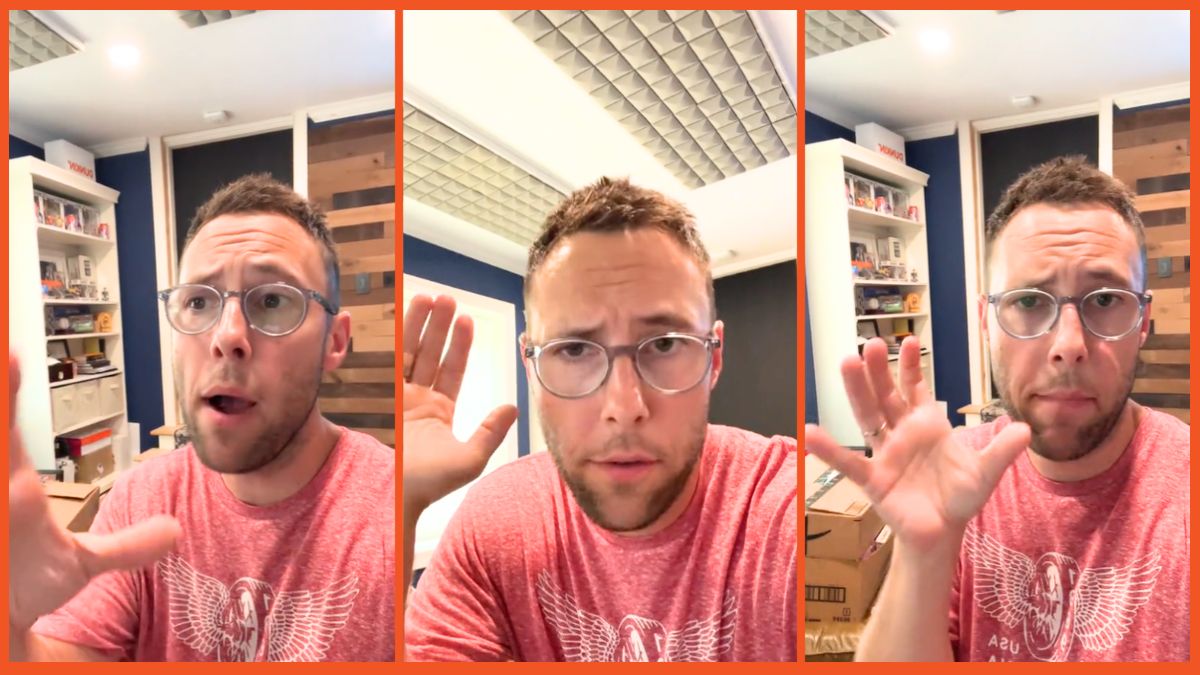
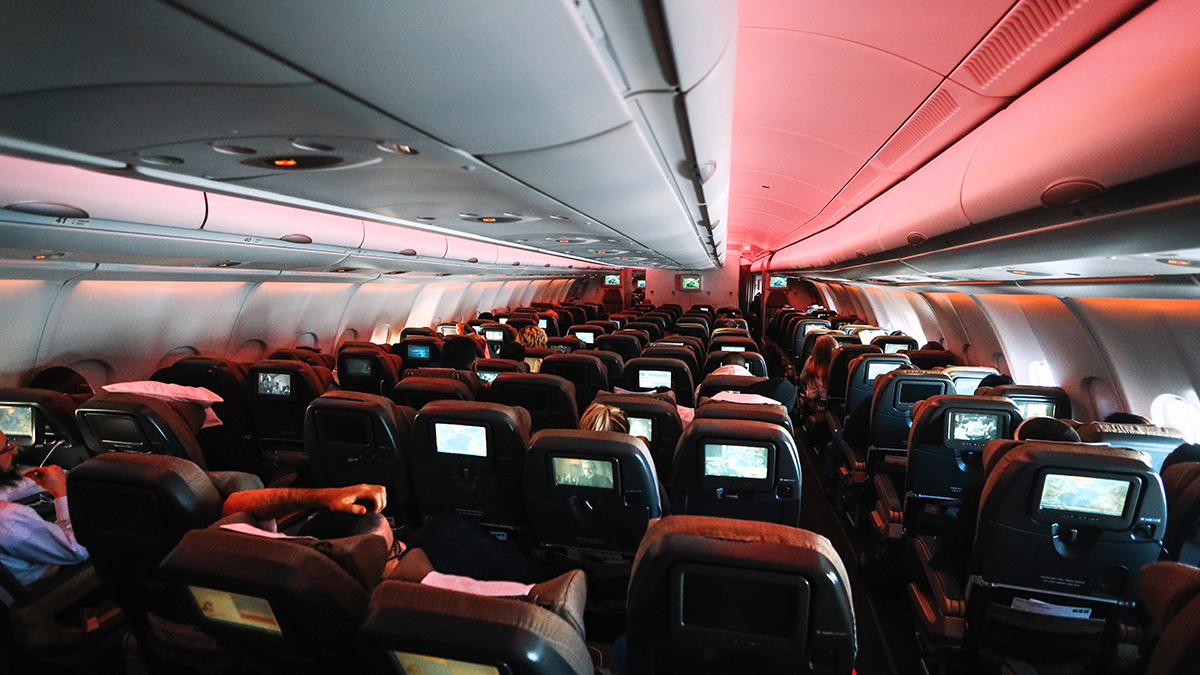
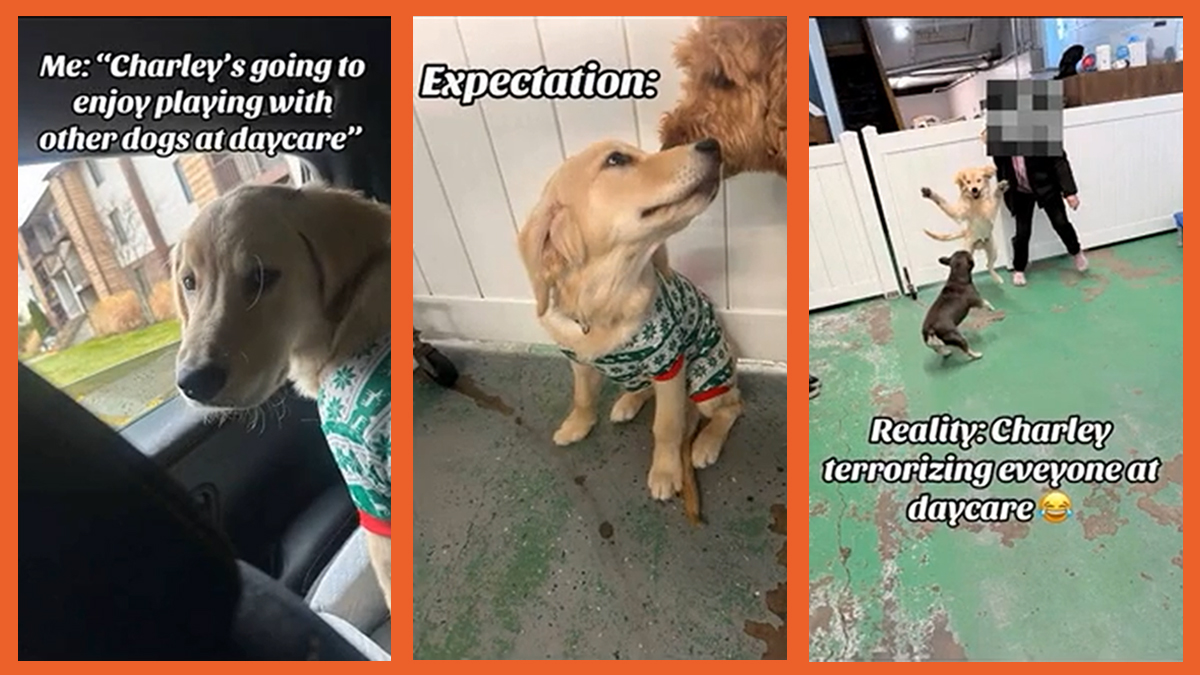
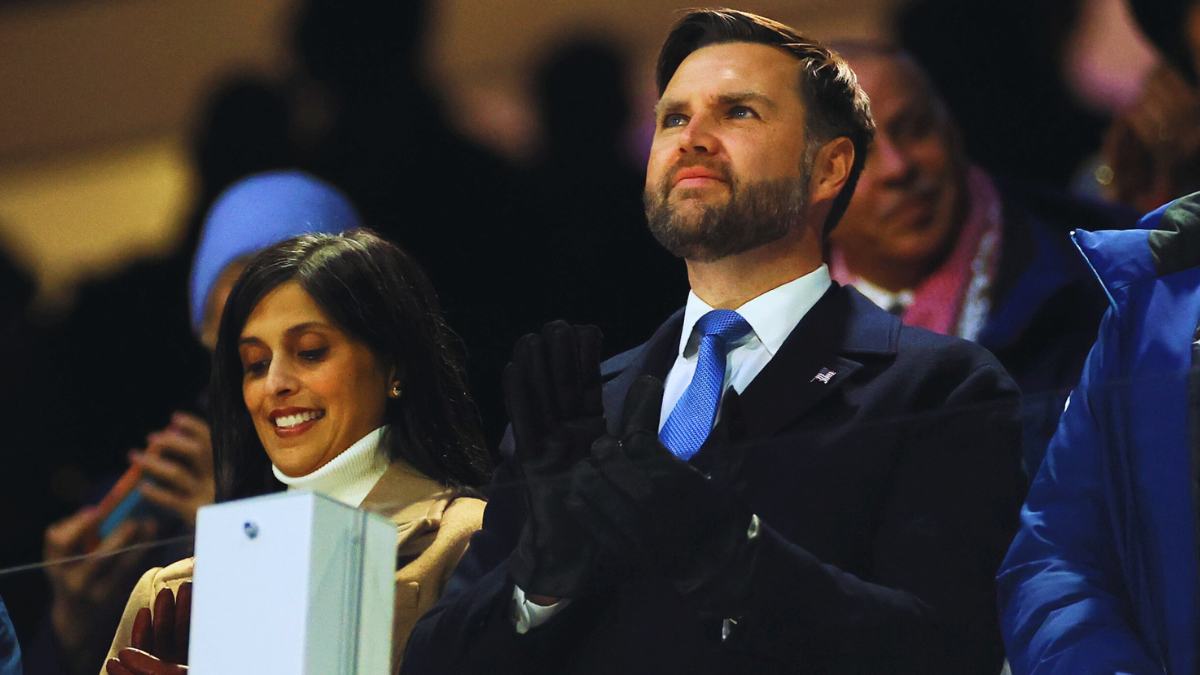
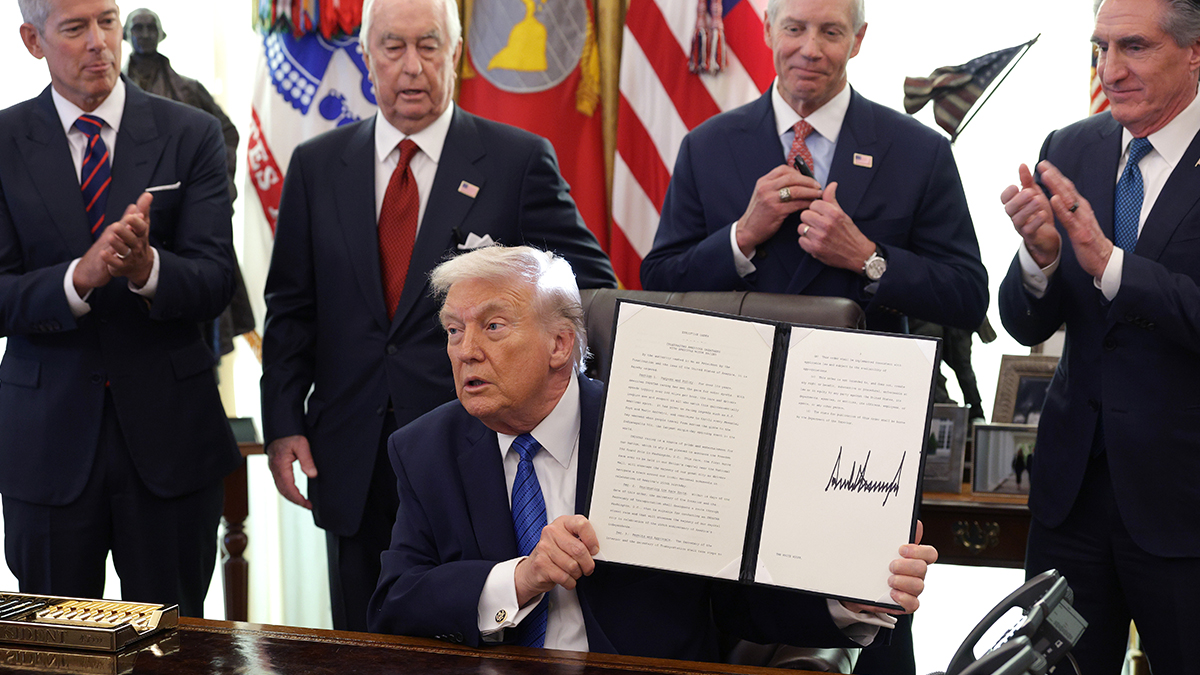
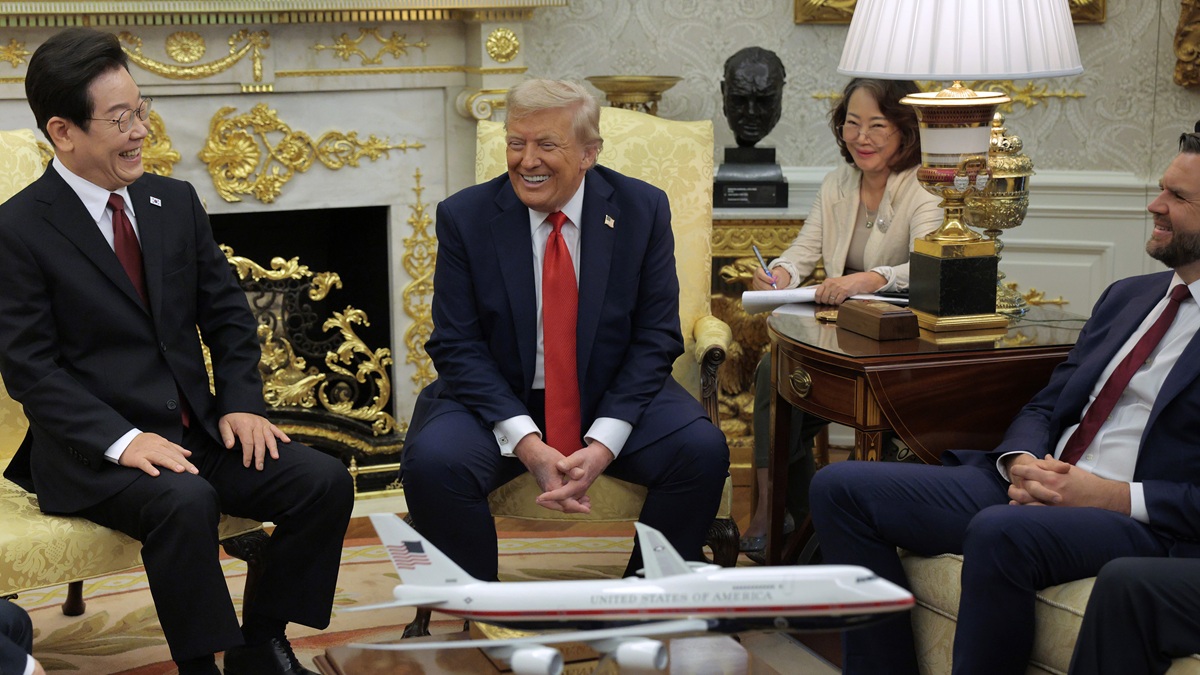
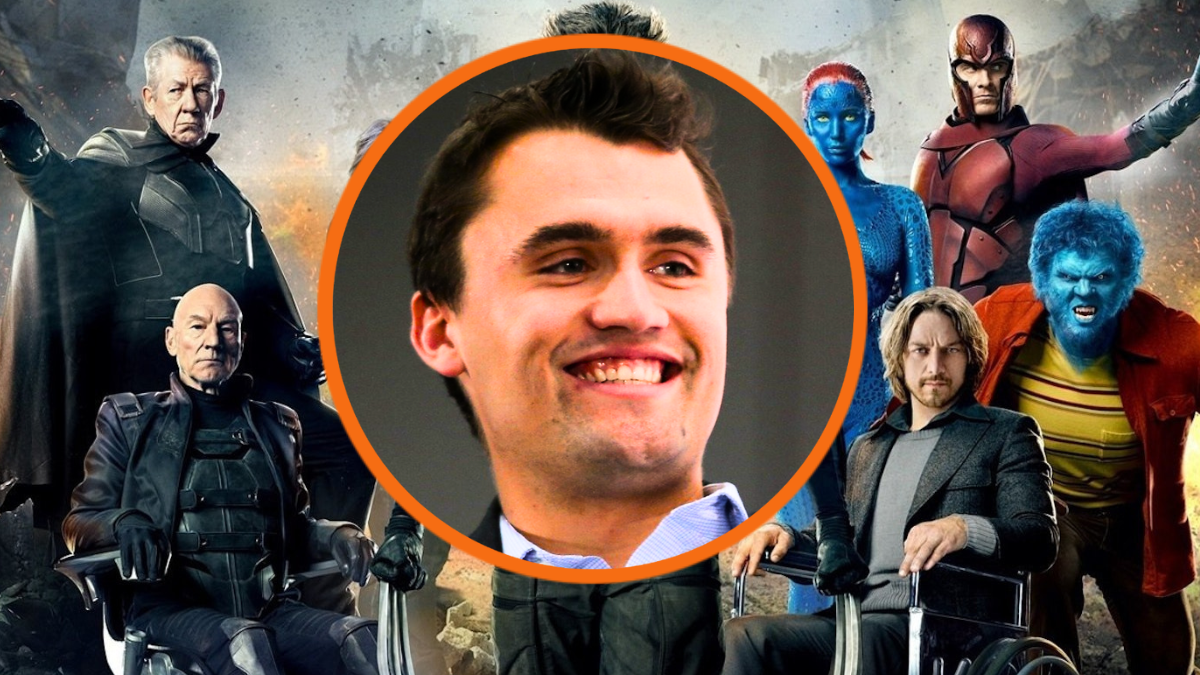
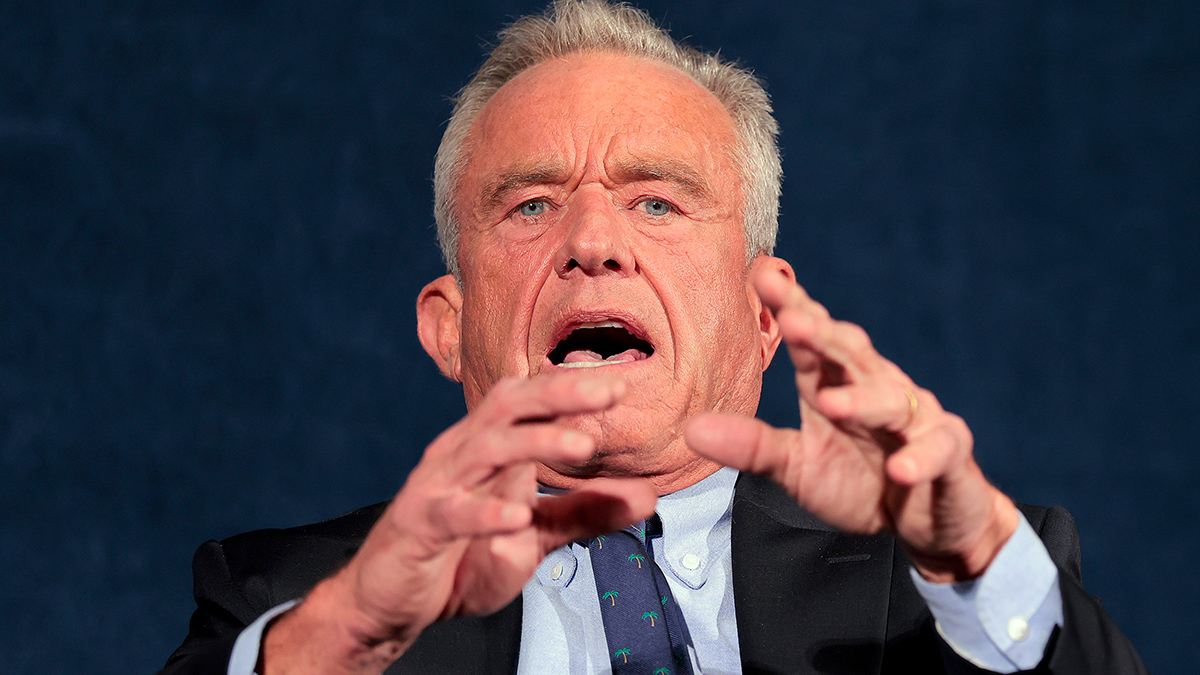
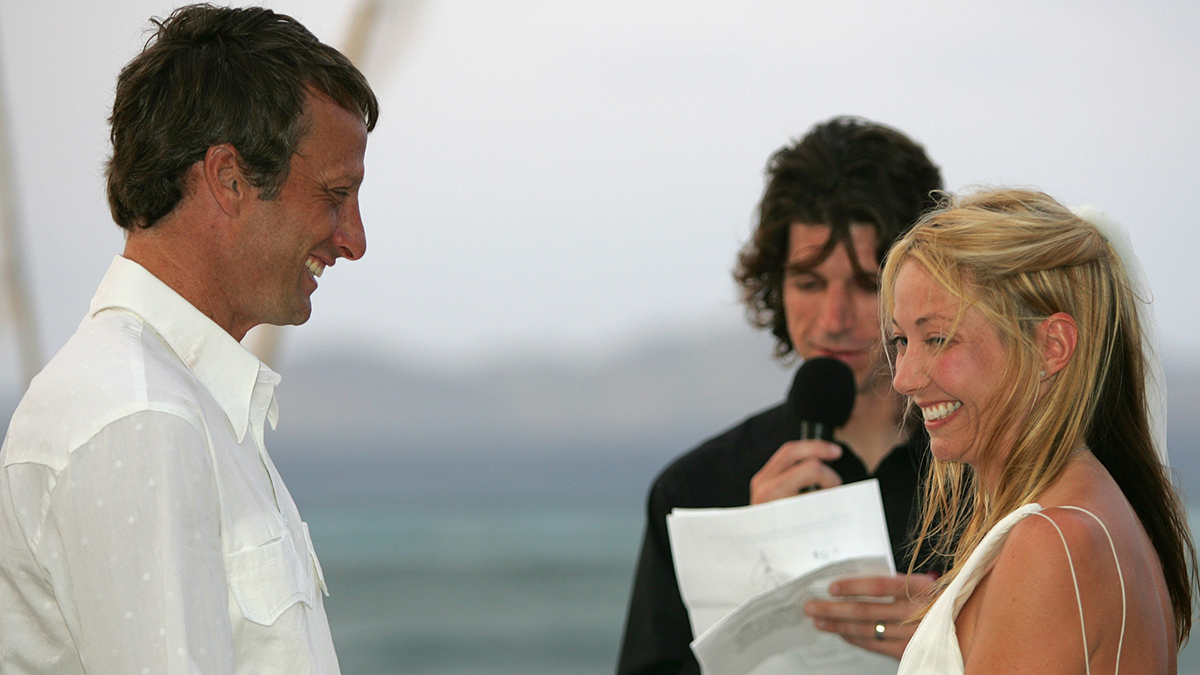

Published: Aug 3, 2024 12:32 pm